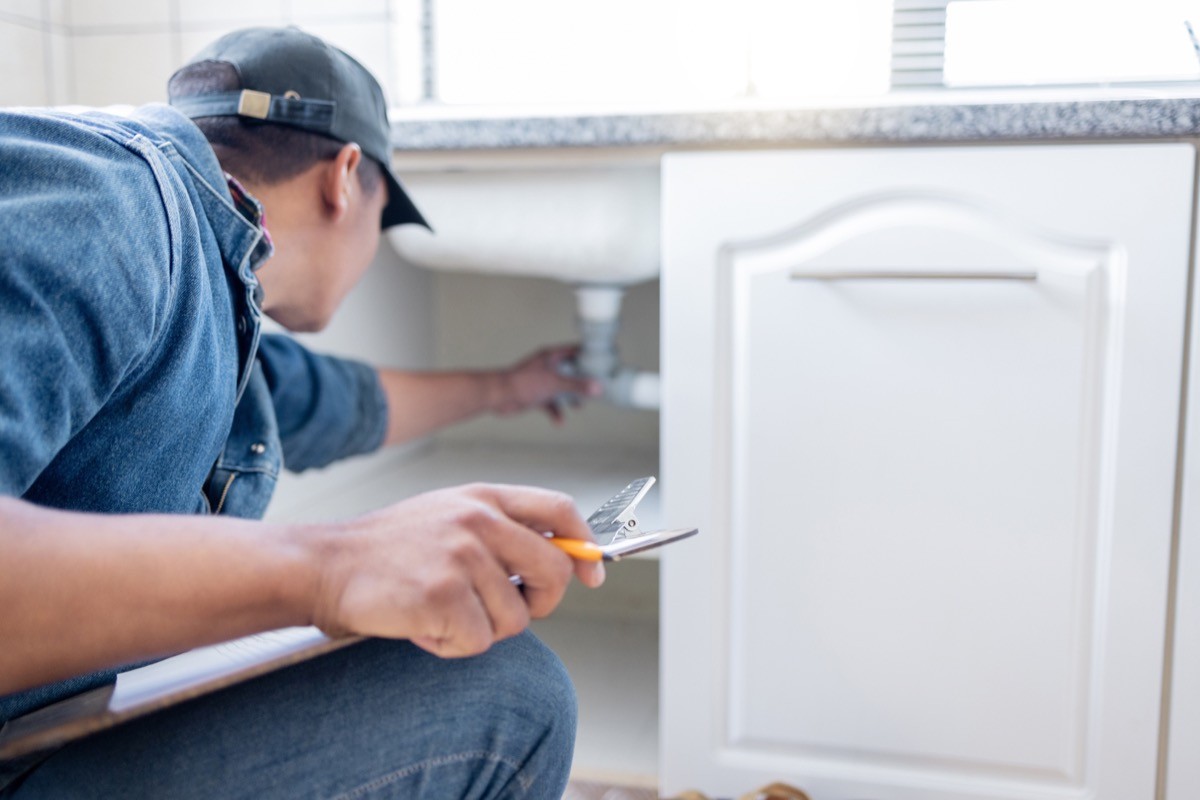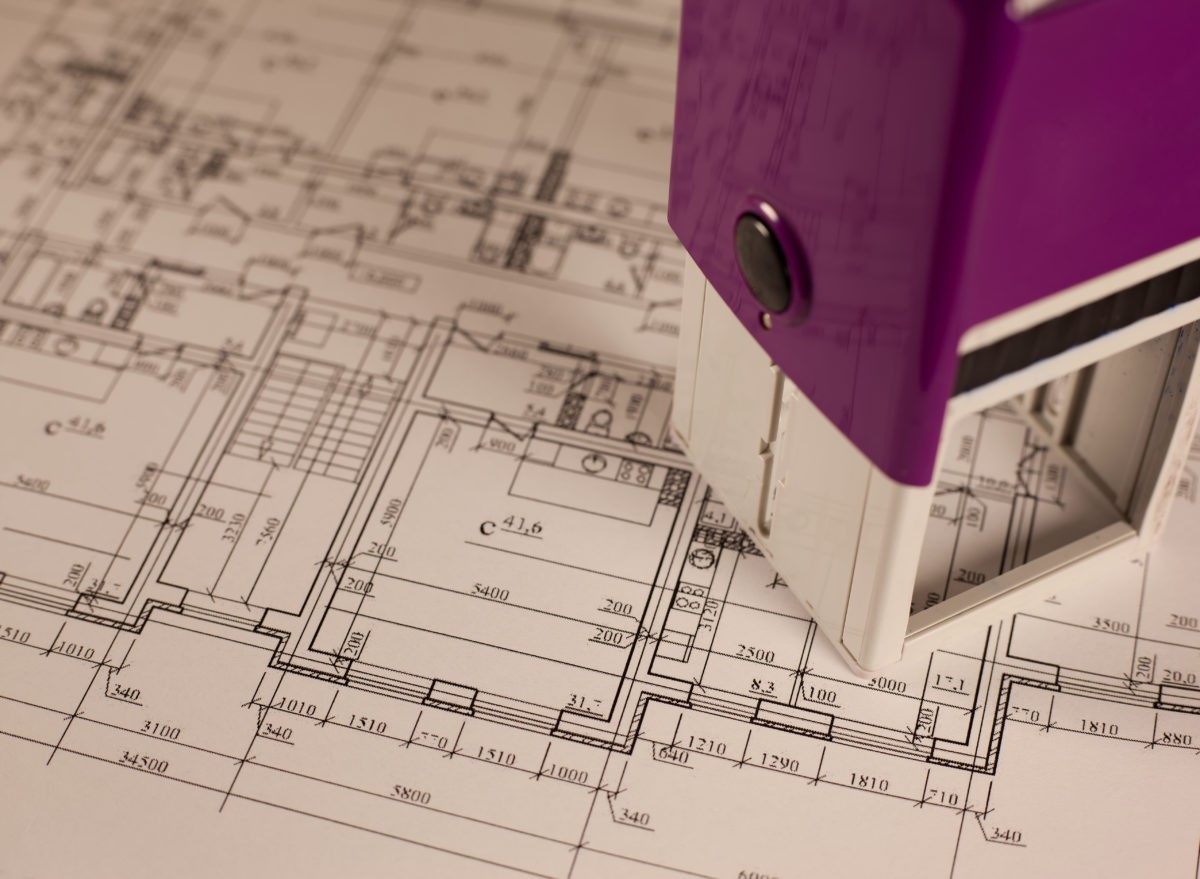7 Secrets Contractors Don’t Want You to Know

Home renovation projects can be massively time-consuming and expensive, and it’s crucial to hire the right people for the job. But how do you know what you should and shouldn’t look out for? The last thing you want is to be out of pocket with a contractor who essentially ghosts you. Luckily there are a few red flags to look out for in order to prevent disaster. Here are 7 secrets contractors don’t want you to know.
RELATED: Never Work With a Contractor Who Does This.
1
You Should Always Shop Around

Despite what they might tell you, the contractor you’re discussing a project with isn’t the only contractor in town. Talk to other contractors and compare rates, expenses, and other factors before making a decision. Take you time and don’t let anyone rush you into an agreement. “Once you’ve picked the best contractor for the job, keep your project on track with an ironclad contract,” says House Logic.
2
Contractors Likely Won’t Be On Site

General contractors are not the ones who will be at your house, subcontractors are. Find out who will be in charge of the job site and meet them to see if you’re a good fit. “You want to make sure you feel comfortable with them,” Stockbridge, Mass., contractor Jay Rhind Builders tells House Logic.
3
Never Leave More Than 10% Deposit

Never give more than a 10% deposit, experts warn. “You want your contractor to come back,” contractor John DeSilvia tells TODAY. “Some contractors might ask for a 50% deposit, but if they do that, you better run.”
4
No PO Box Addresses

Be very wary of a contractor without a real address. “You want to make sure your contractor has a certifiable address on his business card along with a business telephone number,” DeSilvia says. “You want to make sure he has roots in the community. If he doesn’t, don’t hire him.”
RELATED: 7 “Home Improvements” That Can Ruin Your Home.
5
Prepare For Markups

If you can take on the purchase of items such as plumbing fixtures yourself you could save money. “Contractors don’t want to talk about it, but they’re going to mark up everything they pay out to make your job happen,” says House Logic. “That’s fair; it’s how they pay their own overhead and salary. The typical markup on materials will be 7.5% to 10%, but some contractors will mark up materials as much as 20%, according to Angi. Keep in mind that other costs are also factored into their markup, including labor and overhead.”
6
Liability For a Project

If a contractor asks you to assist in obtaining construction permits for a renovation, you are assuming liability for a project. “That means he’s not licensed and you never want to hire an unlicensed contractor,” DeSilvia says. “If the building department comes by and they inspect the work and it’s not done properly, you’re on the hook.”
7
Out of State License

If a contractor shows you a license for a state other than where the work will be done, it’s not valid. “Some states will have reciprocating agreements where they will let a contractor fast-track a license in a different state, but until he goes through that process, absolutely do not hire him,” DeSilvia says.